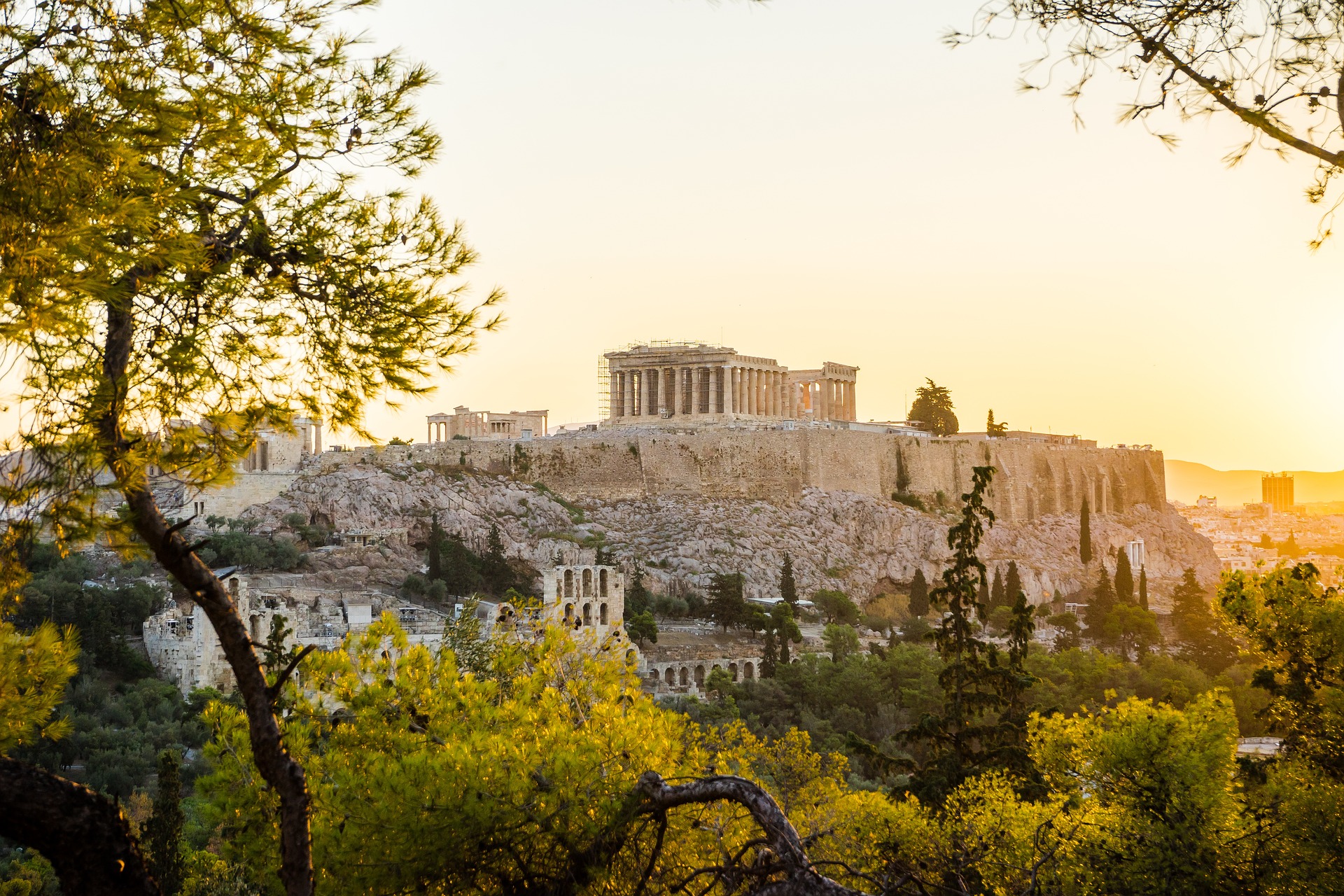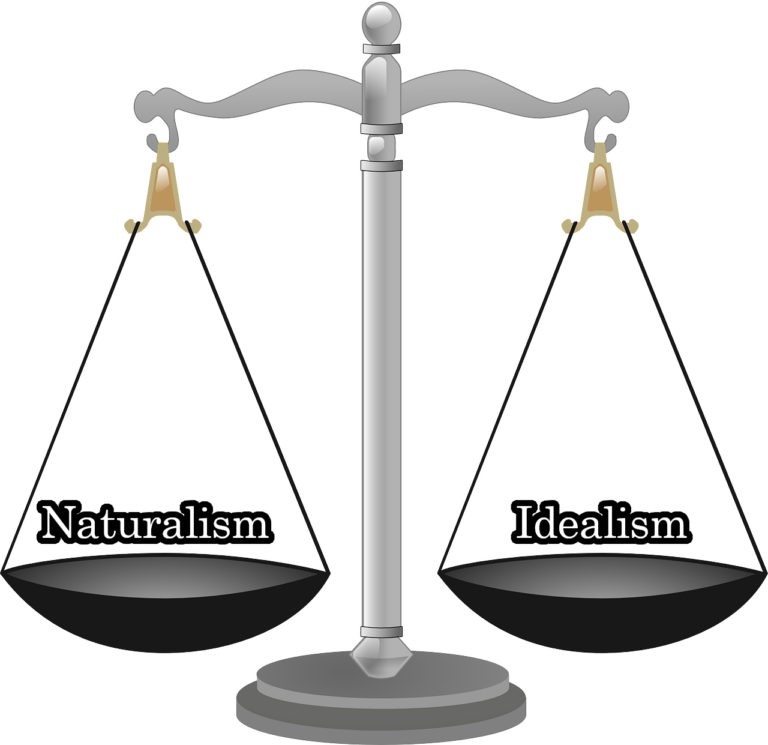
The Republic is a philosophical dialogue written by Plato around 380 BC. It is one of his most well-known works and is widely considered a foundational text in Western philosophy.
The dialogue is set in a conversation between Socrates, Plato’s mentor, and several other Athenians. It centres around the question of what constitutes a just society and how it can be achieved.
The dialogue begins with the character Cephalus stating that the elderly should be content with the simple pleasures of old age, such as spending time with friends and avoiding worry. Socrates refutes this idea, saying that the true goal of life is to live a good and just life, and that the elderly should be striving to achieve this goal even in old age.
This leads into a discussion of justice, and Socrates proposes that a just society can only be achieved if everyone performs the tasks for which they are best suited. He argues that this requires a merit-based society, where people are chosen for their roles based on their abilities and not their social status or wealth.
In Plato’s ideal state, there are three classes of society: the rulers, the auxiliaries, and the producers. The rulers, who are referred to as the philosopher-kings, are the most valuable class in society because they possess both wisdom and justice, which Plato believed were essential qualities for a ruler to have in order to govern justly. They are responsible for making fair and rational decisions on behalf of the community.
Gold, Silver and Bronze
The different classes of people in Plato’s Republic are also associated with the types of metals that are believed to be present in their souls. In the Republic, Plato argues that people are born with different types of souls, and these souls are assigned to them by the gods. The types of souls are associated with different types of metals, with gold being the purest and most valuable, followed by silver and bronze.
The philosopher-kings or ‘Gold People,’ are chosen for their role based on their abilities and not their social status or wealth. They are trained from a young age in the pursuit of wisdom and are required to undergo a rigorous education program that includes study in the fields of mathematics, science, and philosophy. This education is meant to give them the knowledge and critical thinking skills necessary to make fair and rational decisions on behalf of the community. Plato believed that the philosopher-kings were necessary for the maintenance of a just society because they were the only group of people who were both capable of understanding the good of the community as a whole and motivated to seek it.
The auxiliaries, who are responsible for the defence and security of the state, are the second most valuable class in society. They are called the “silver people” because they are responsible for protecting the state and maintaining order, which are important tasks for the well-being of the community. The auxiliaries are chosen for their role based on their physical and mental abilities, as they need to be strong and brave in order to defend the state and maintain order. They are also required to undergo a rigorous education program that includes training in the arts of war and physical fitness, as well as study in the fields of mathematics and philosophy. This education is meant to give them the skills and knowledge necessary to perform their duties effectively.
Like the philosopher-kings, the auxiliaries are expected to embody the virtues of justice and fairness in their personal lives. They are also expected to be loyal to the state and to put the needs of the community above their own personal interests.
The producers, who are the artisans, farmers, and merchants, are the third most valuable class in society. They are called the “bronze people” because they are responsible for providing the goods and services that the rest of the community needs. The producers are not required to undergo the same level of education as the philosopher-kings and the auxiliaries, but they are expected to be honest and hard-working in their labours.
Plato believed that the producers were important to the well-being of the state because they provided the goods and services that the rest of the community needed. However, he also believed that they needed to be supervised and regulated by the philosopher-kings and the auxiliaries to ensure that they acted in the best interests of the community.
The Noble Lie and the Allegory of the Cave
Plato’s Republic also introduces the concept of the “noble lie,” which is a falsehood told for the greater good. Socrates suggests that it may be necessary for the ruling class to use noble lies to maintain social stability and prevent conflict.
The Republic includes the allegory of the cave, in which Plato uses the metaphor of prisoners in a cave to represent the way that people often only see a limited version of the world. He suggests that the philosopher-king, who has seen the outside world, is better equipped to lead the community because of this broader perspective.
Plato’s allegory of the cave is a well-known and influential metaphor in Western philosophy. In the allegory, prisoners are chained in a cave and can only see shadows cast on the wall by objects passing in front of a fire. The prisoners mistake these shadows for reality, as they have never seen anything else.
Plato uses this allegory to argue that people often only see a limited version of the world and mistake it for reality. He suggests that the philosopher-king, who has seen the outside world and has a broader perspective, is better equipped to lead the community.
Plato’s Republic has had a significant impact on Western philosophy and continues to be widely studied and debated by scholars today. One of the key ideas of the work is that a just society can only be achieved if everyone performs the tasks for which they are best suited. This requires a merit-based society, where people are chosen for their roles based on their abilities and not their social status or wealth.
Another important idea in the Republic is that rulers should be chosen based on their wisdom and justice, rather than their wealth or social status. This means that the philosopher-kings are chosen for their abilities, and not their birthright or family connections. Plato believed that this was necessary to ensure that rulers acted in the best interests of the community, rather than their own self-interest.
Plato’s Republic is also notable for its exploration of the nature of justice. Plato suggests that justice is not simply a matter of giving people what they deserve, but also of ensuring that the community as a whole is functioning well. In order to achieve this, each class in society needs to perform its role to the best of its ability.
Plato’s Republic has been both praised and criticized for its ideas. Some people have seen the work as a blueprint for a utopian society, while others have criticized it for being impractical and idealistic. Despite this, the work remains an influential text in Western philosophy, and its ideas continue to be discussed and debated today.
In conclusion, Plato’s Republic is a thought-provoking work that explores the nature of justice and the ideal form of government. The work proposes a society that is divided into three classes: the philosopher-kings, the auxiliaries, and the producers. Each class has a specific role to play and is expected to act in the best interests of the community as a whole. The work has had a significant impact on Western philosophy and continues to be widely studied and debated today.

